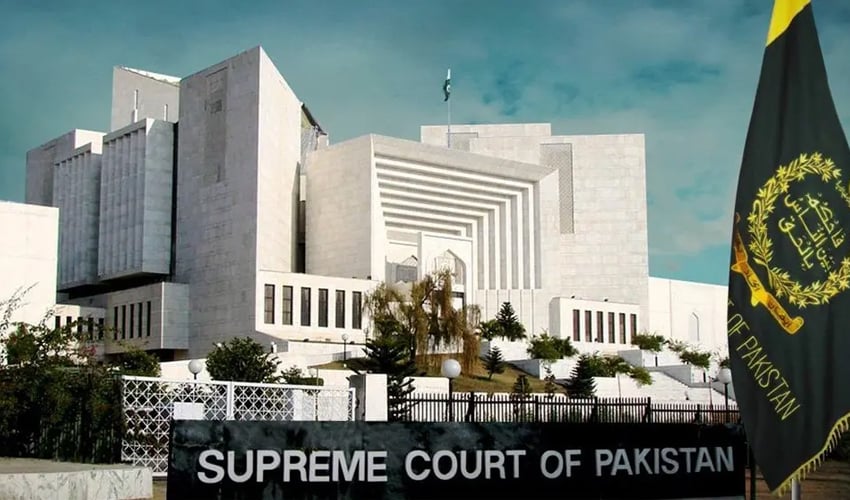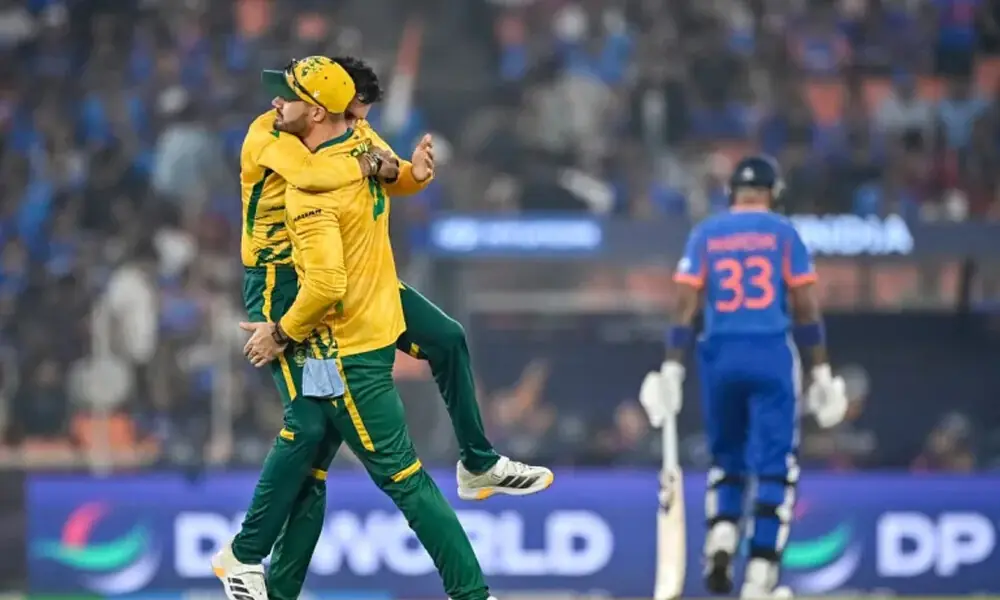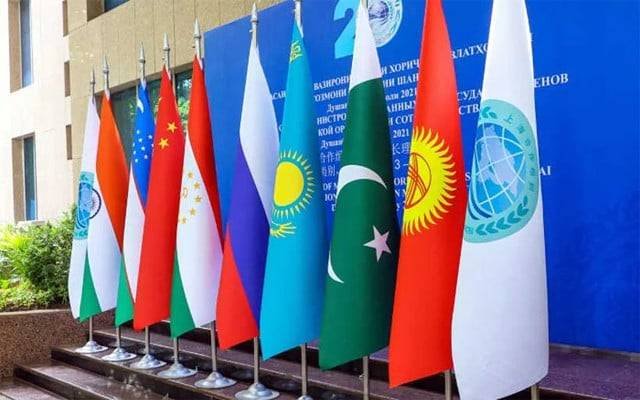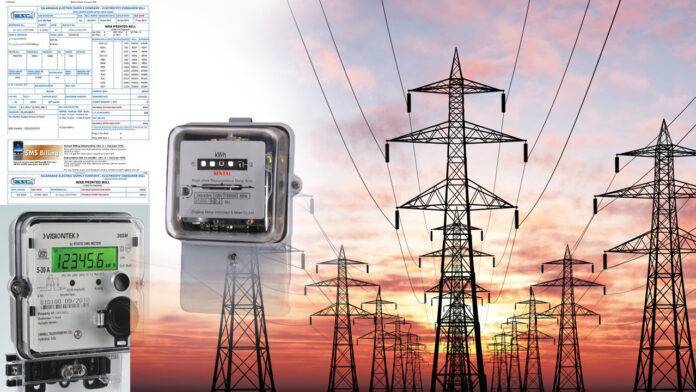The Supreme Court resumed its hearing on Monday on a petition from the Sunni Ittehad Council (SIC), supported by PTI-backed candidates, challenging the denial of reserved seats in assemblies for women and minorities. The full court of 13 judges, including notable justices, convened for the live-streamed proceedings on the SC’s website and YouTube channel.
Following the February 8 elections, PTI-backed independent candidates joined SIC after the PTI lost its electoral symbol ‘bat’ due to a Supreme Court ruling. However, the Election Commission of Pakistan (ECP) ruled that SIC could not claim reserved seats due to significant legal flaws and failure to submit a mandatory party list for such seats. Consequently, the ECP redistributed these seats among other parliamentary parties, benefiting primarily PML-N and PPP, while JUI-F received four seats. PTI rejected this verdict as unconstitutional. The Peshawar High Court dismissed an SIC plea challenging the ECP’s decision, but a three-judge bench of the Supreme Court later suspended the PHC verdict.
During the hearings, the judges scrutinized the ECP’s decisions and the January 13 Supreme Court verdict that deprived PTI of its ‘bat’ symbol. The court also questioned the procedures for joining political parties and debated the interpretation of constitutional provisions.
In a recent hearing, PTI-SIC lawyer Faisal Siddiqui appeared before the court and began presenting arguments on behalf of SIC. He emphasized that the court should interpret the Constitution progressively and questioned the purpose of constitutional provisions. Justices and the chief justice raised concerns about the status of PTI as a political party and the reasoning behind PTI members joining another party.
The latest hearing also revealed that a revision over PTI intra-party elections was pending. As the proceedings continue, the case remains a focal point of legal and constitutional debate, with implications for the distribution of reserved seats and the status of political parties in Pakistan.
















